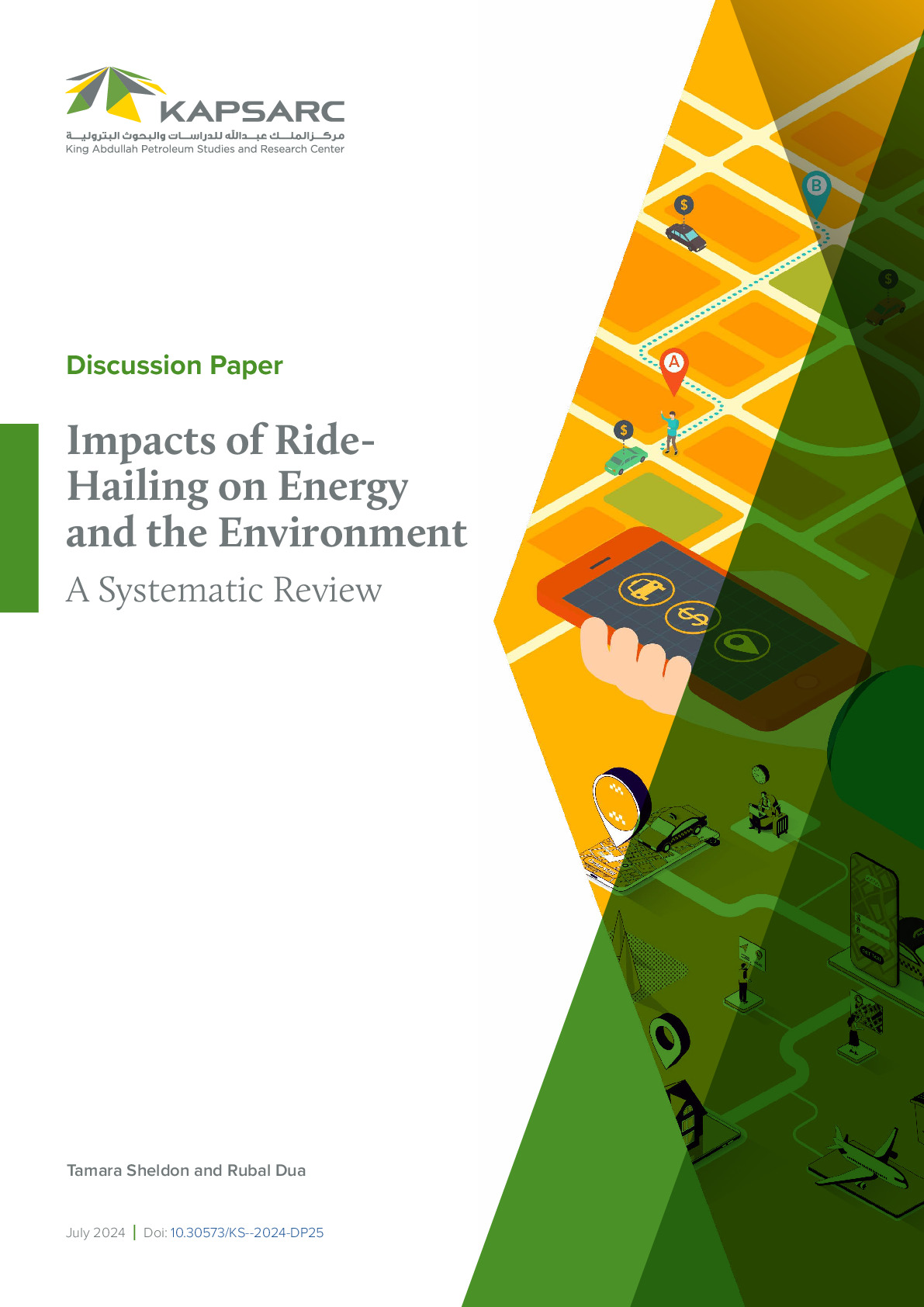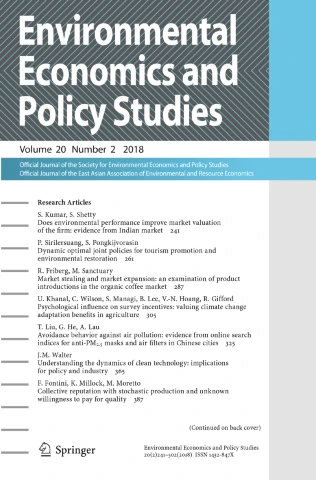India has experienced exponential growth in sales of two-wheelers due to their high fuel economy and easy manoeuvrability in congested traffic conditions. Understanding Indian consumers’ valuation of fuel economy while purchasing a two-wheeler is crucial to evaluate whether Indian two-wheeler buyers are myopic with regards to future fuel costs. However currently, there exists no quantification of the value that Indian two-wheeler buyers ascribe to fuel economy. We address this gap in the literature by analyzing revealed preference survey data from more than 8000 respondents across India, who purchased a new two-wheeler in 2018. Discrete choice models, including standard conditional logit and flexible mixed logit, are used to infer estimates of the discount rate that Indian consumers apply to obtain the present value of future operating cost at the time of two-wheeler purchase. The results of conditional logit indicate that the annual discount rate is below 10% for Indian two-wheeler buyers with monthly household incomes above 15,000 rupees (∼US$215 in 2018; ∼73% of the sample). Mixed logit suggests substantial heterogeneity in discount rates across respondents at a given income level. The median of the mixing distribution is close to the conditional logit estimates, which leads to a conclusion that an average Indian two-wheeler buyer ascribes a high value to future fuel cost savings. Besides, our analysis provides various insights into Indian consumers’ preferences. For instance, style/looks, fuel economy, comfort, and brand (in decreasing order) are the top four factors that influence two-wheeler purchase decisions of Indian consumers.

Fellow
Rubal is a research fellow at KAPSARC focused on understanding consumer decision making, in particular, consumer choice of energy-efficient technologies…
Rubal is a research fellow at KAPSARC focused on understanding consumer decision making, in particular, consumer choice of energy-efficient technologies and mobility options under alternative technology and policy scenarios. Before joining KAPSARC, Rubal gained a Ph.D. at KAUST designing advanced carbon materials for energy and environmental applications, with a particular focus on energy storage, carbon capture, waste-water treatment, and hydrogen generation via solar water splitting. Prior to that, he worked at the University of Pennsylvania on a semiconductor industry-funded project, developing a continuum modeling framework for simulating the physics of micro defect formation in silicon crystals.
Expertise
- Behavorial decision science
- Consumer adoption
- Energy-efficient mobility and shared autonomous mobility-on-demand
Publications See all Rubal Dua’s publications

Impacts of Ride-Hailing on Energy and the Environment: A Systematic Review
India has experienced exponential growth in sales of two-wheelers due to their high fuel economy…
15th July 2024
Energy Price Reform to Mitigate Transportation Carbon Emissions in Oil-Rich Economies
India has experienced exponential growth in sales of two-wheelers due to their high fuel economy…
2nd April 2024